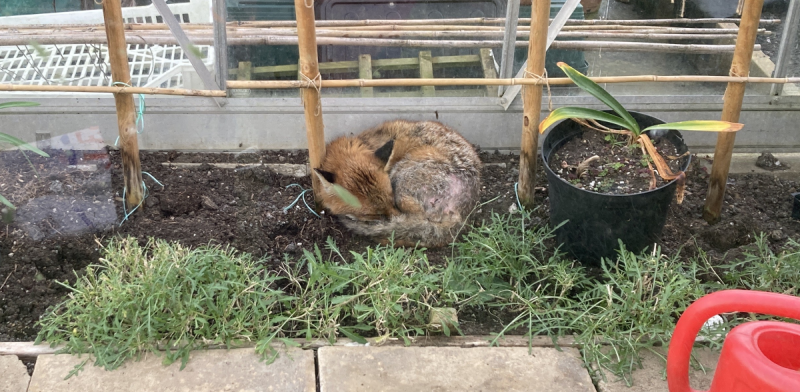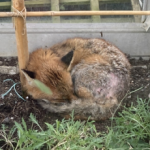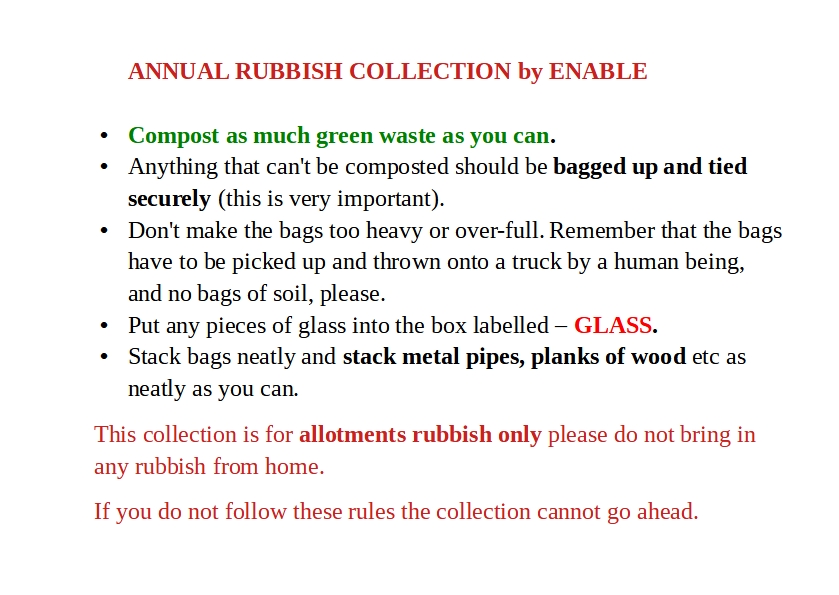Most of us are accustomed to seeing the odd fox in daylight hours – they are part of site wildlife, and seem amazingly unworried by humans.

This lovely photo, taken by Kate Pugh on site 2, shows how relaxed they can be! Certainly, most of us with a greenhouse have experienced the pleasure of a fox visitor enjoying the warmth and sunshine.
We do need to avoid crop damage and other problems that occur if too many foxes live on the sites. They are wild creatures that can give much pleasure. They do love digging under sheds, however!
There is excellent information and advice about living with foxes from the RSPCA – including how to find out if an earth (den) is occupied before you fill it in. Please do read it.





